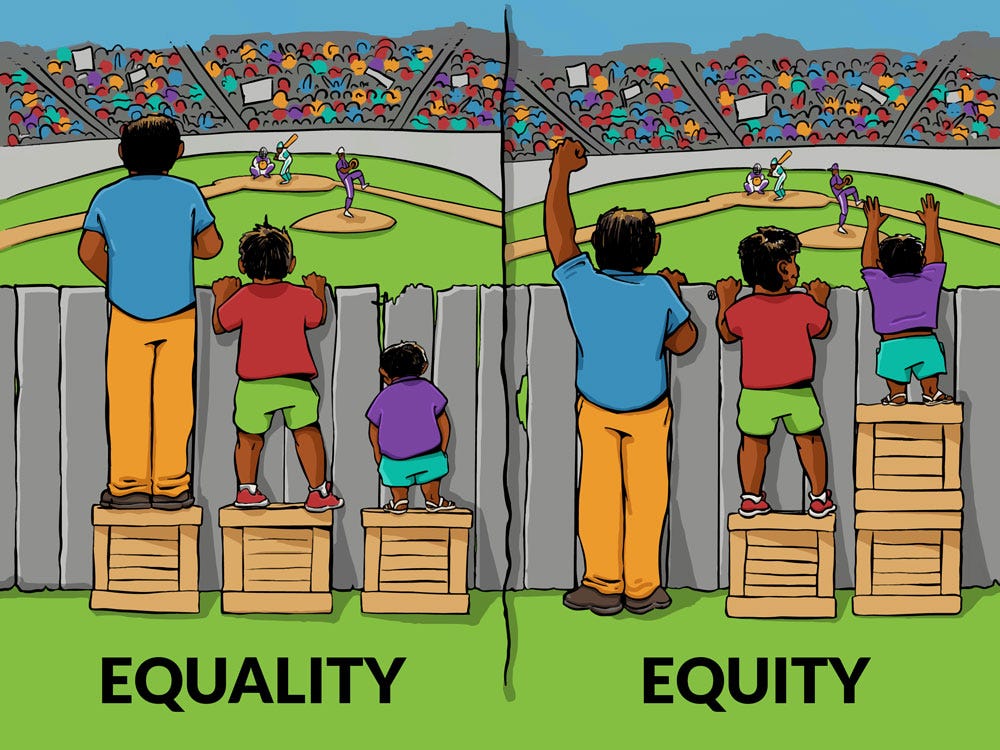
On March 23, 2020, Ms. Betsy DeVos, the head of the federal department of education, issued a “guidance” on special education and distance education. According to an NPR article, the directive is a response to the many districts and states that have said online learning for K-12 students should be enrichment-only because not all students have access to the internet, or to the specific educational services outlined in their IEPs. The directive states:
“this reading of disability law [is] ‘a serious misunderstanding.’
“In bold type, the publication declares: ‘To be clear: ensuring compliance with the Individuals with Disabilities Education Act (IDEA) … and Title II of the Americans with Disabilities Act should not prevent any school from offering educational programs through distance instruction.'” https://www.npr.org/sections/coronavirus-live-updates/2020/03/23/820138079/education-dept-says-disability-laws-shouldnt-get-in-the-way-of-online-learning
I am very concerned about this directive. It seems to say that it is acceptable to provide educational opportunity to those students who can be classified as “haves” and not those who are “have nots”, AND it says that those who, though no fault of their own, require specialized educational services can be ignored or “left behind”.
Should we allow the current crisis to move us backwards to when PL94-192 was first passed in 1975?
Many do not recall what education was like for “exceptional needs” students before that law was passed. Consider this: students who were failed and failed year after year because they did not learn at the same pace as “normal” children; students who were refused an education in districts and told they must be institutionalized instead; students who were labeled dumb or sub-normal.
Do we really want to return to those days?

Since the passage of PL94-142, society and education have changed how it views equity for children with exceptional needs and for other students as well. We have embraced the idea that all students, no matter their race, ethnicity, national origin, religion, creed, beliefs, or disability have the right to a free and appropriate education.
In fact, the Department of Education website declares:
“The Department of Education’s (ED) Office for Civil Rights (OCR) enforces several statutes that protect the rights of beneficiaries in programs or activities that receive financial assistance from ED. These laws prohibit discrimination on the basis of race, color, and national origin (Title VI of the Civil Rights Act of 1964), sex (Title IX of the Education Amendments of 1972), disability (Section 504 of the Rehabilitation Act of 1973), and age (Age Discrimination Act of 1975). “
The state in which I live, Iowa, has expanded upon this, requiring that all school districts comply with non-discrimination policies that include: race, color, national origin, sex, disability, gender identity, sexual orientation, marital status, creed, religion, socio-economic status in its educational programs or hiring practices. https://www.educateiowa.gov/sites/files/ed/documents/2015-2016%20Guidance%20for%20Nondiscrimination%20Notices.pdf

To be sure, society has not yet achieved equity in all of these protected areas in education throughout the United States. However, should we, as a society, be willing to erode the gains we’ve made?
John F. Kennedy said, “The rights of every man are diminished when the rights of one man are threatened.”
Yes, he was of an era that used the term “man” to mean “human beings”, yet the meaning is clear: if we ignore the educational rights of students with disabilities, whose rights shall we relinquish next?
